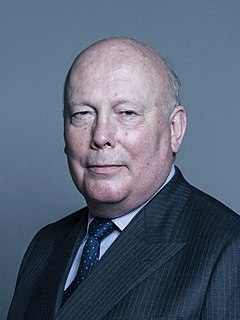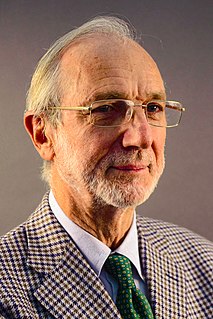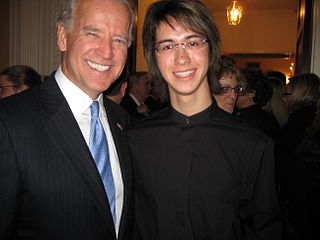A Quote by Julian Fellowes
We don't really like rules. We think, in some way, they are an infringement of liberty.
Related Quotes
People always ask me what I think, if Edward Snoden is a hero, if he's a villain. I don't really tend to moralize it so much as I feel like he's a whistleblower. He's someone who saw a wrongdoing and in order to shine a light on that wrongdoing had to bend some rules and break some laws along the way.
I think that 9/11 is a greater loss if we do not change our behavior in some way. I think that if we don't turn it into a positive change in some way, those innocent people really died for no purpose. I would like to think they had some important purpose. What I see, that I don't like, is the product of what our land of opportunity can breed.
Obviously I've been reading Kafka for a long long time, since I was really young, and even before I ever read him I knew who he was. I had this weird sense that he was some kind of family. Like Uncle Kafka. Now I really think of him that way, the way we think about an uncle who opened up some path for being in a family that otherwise wouldn't have existed. I think of him that way as a writer and a familial figure.
I think the only way one can really determine whether extremism in the defense of liberty is justified, is not to approach it as an american or a european or an African or an Asian, but as a human being. If we look upon it as different types, immediately we begin to think in terms of extremism being good for one and bad for another, or bad for one and good for another. But if we look upon it, if we look upon ourselves as human beings, I doubt that anyone will deny that extremism in defense of liberty, the liberty of any human being, is no vice.
Liberty is of small value to the lower third of humanity. They greatly prefer security, which means protection by some class above them. They are always in favor of despots who promise to feed them. The only liberty an inferior man really cherishes is the liberty to quit work, stretch out in the sun, and scratch himself.







































